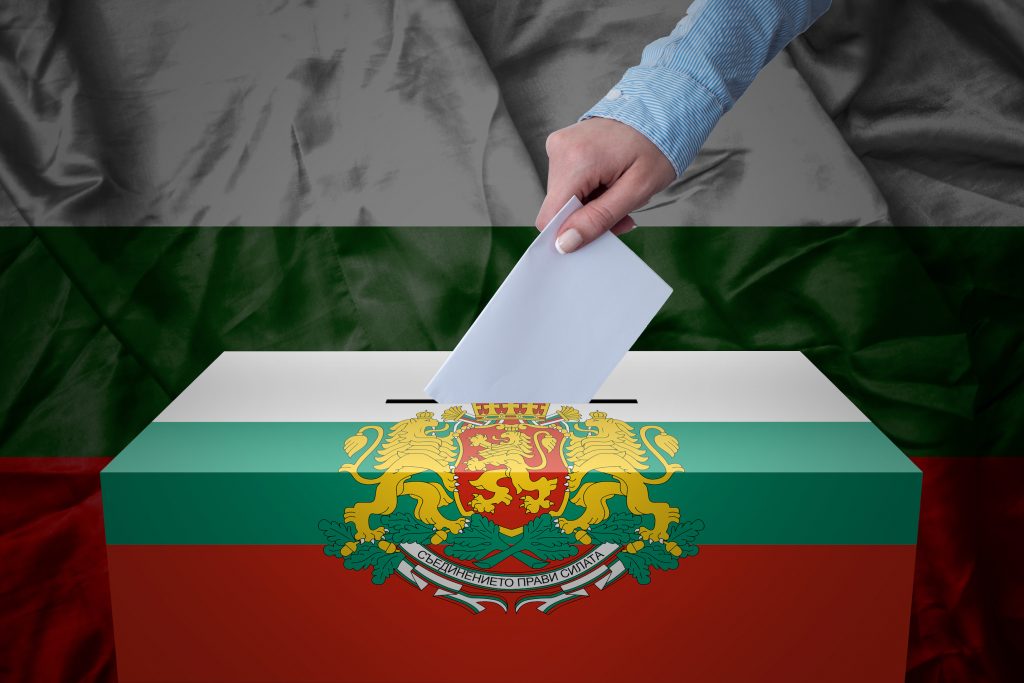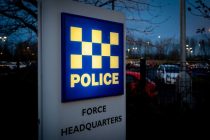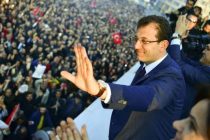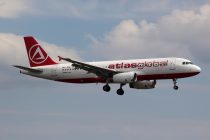As many as 33 candidates of Turkish origin could become members of parliament (MP) in the 240-seat Bulgarian Parliament following the country’s General Election on Sunday, 4 April.
With over 98% of the votes counted, Prime Minister Boyko Borisov’s conservative Citizens for European Development of Bulgaria (GERB) party has again emerged as the largest party. However, with just 26.18% of the vote, the party will have 75 MPs – down from 95 in the last National Assembly, and leaving Borisov 46 short of an overall majority.
At least two, and possibly as many as four of the GERB candidates projected to win their seats are of Turkish origin. They are set to be joined by others from the Movement for Rights and Freedoms (DPS) led by Mustafa Karadayi.
The ethnically Turkish centrist party is expected to increase their MPs by three, from 26 to 29, after receiving 10.49% of the vote – up from 8.99% in the 2017 General Election.
Turks form Bulgaria’s largest ethnic minority, an estimated 700,000 of the country’s 8 million population. Combined with non-Turkish Muslims, the Turkish-Muslim bloc is close to around 850,000 voters in Bulgaria.
DSP leader Mustafa Karadayi
Bulgaria uses proportional representation for its election system and has a 4% election threshold for parliamentary representation.
Six parties and coalitions passed the threshold in Sunday’s election, according to data from Bulgaria’s Central Electoral Commission on April 5.
Far right parties, including Krasimir Karakachanov’s Bulgarian National Movement (VMRO), were shut of the parliament, while the Bulgarian Socialist Party (BSP) saw their support plummet, coming third with 15.01%.
The big winner was There Is Such A People (ITN), which received 17.66% of the vote. Led by showman Slavi Trifonov and only formed last year, and are now Bulgaria’s main opposition with a projected 47 MPs.




